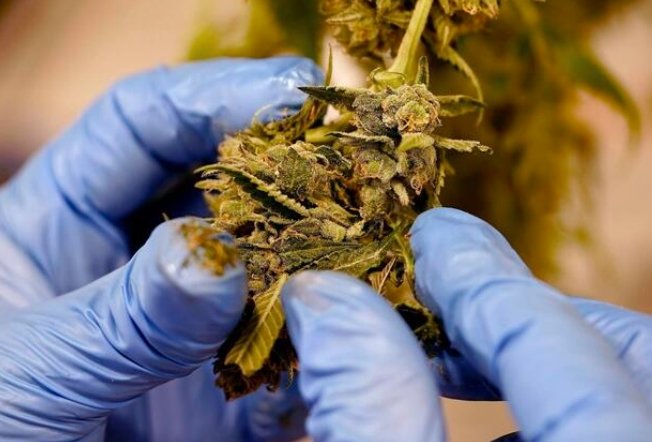As the deadline for Kentucky’s medical cannabis business applications approaches, prospective applicants are rushing to submit their paperwork. The Kentucky Medical Cannabis Program, established under Senate Bill 47 signed by Governor Andy Beshear, is set to take effect on January 1, 2025. This legislation aims to provide relief for patients with severe medical conditions by allowing the use of medical cannabis. The deadline for business applications is August 31, 2024, and the state is preparing for the influx of submissions.
Key Dates and Application Process
The Kentucky Medical Cannabis Program has outlined a clear timeline for the application process. The portal for business license applications opened on July 1, 2024, and will close at 11:59 PM EST on August 31, 2024. Applicants are encouraged to submit their applications as early as possible to ensure timely processing. The program has provided detailed guidelines and resources to assist applicants in preparing their submissions.
The application process involves several steps, including the submission of required documentation and compliance with state regulations. Applicants must demonstrate sufficient capital and meet specific criteria to qualify for a license. The state has also implemented a lottery system for dispensary licenses to ensure a fair and transparent selection process. This system aims to prevent monopolies and promote diversity within the industry.

The Kentucky Office of Medical Cannabis has been proactive in providing support to applicants. They have launched a series of informational sessions and workshops to guide prospective business owners through the application process. These efforts are designed to ensure that all applicants have a clear understanding of the requirements and can successfully navigate the licensing process.
Impact on Patients and Healthcare Providers
The legalization of medical cannabis in Kentucky is expected to have a significant impact on patients and healthcare providers. Patients suffering from chronic illnesses such as cancer, multiple sclerosis, and post-traumatic stress disorder will have access to medical cannabis as a treatment option. This development is seen as a major step forward in providing alternative therapies for patients who have not found relief through traditional medications.
Healthcare providers will play a crucial role in the implementation of the medical cannabis program. Physicians and advanced practice registered nurses (APRNs) will be responsible for certifying patients for medical cannabis use. The state has established a practitioner webpage to provide information and resources for healthcare providers interested in participating in the program. This initiative aims to ensure that providers are well-informed and equipped to support their patients.
The introduction of medical cannabis is also expected to reduce the reliance on opioids for pain management. By offering a safer alternative, the state hopes to address the opioid crisis and improve the quality of life for patients with severe medical conditions. The program includes strict regulations to prevent misuse and ensure that medical cannabis is used responsibly.
Future Prospects and Challenges
As Kentucky prepares for the implementation of its medical cannabis program, there are several challenges and opportunities on the horizon. One of the primary challenges is ensuring that the program is accessible to all eligible patients. The state is working to address potential barriers, such as cost and availability, to ensure that patients can benefit from medical cannabis.
Another challenge is the need for ongoing education and training for healthcare providers. The state is committed to providing continuous support and resources to ensure that providers are knowledgeable about medical cannabis and its potential benefits. This effort is crucial to the success of the program and the well-being of patients.
Looking ahead, the medical cannabis program has the potential to create economic opportunities within the state. The establishment of cannabis businesses, including cultivators, processors, and dispensaries, is expected to generate jobs and stimulate economic growth. The state is optimistic about the positive impact of the program on both public health and the economy.



